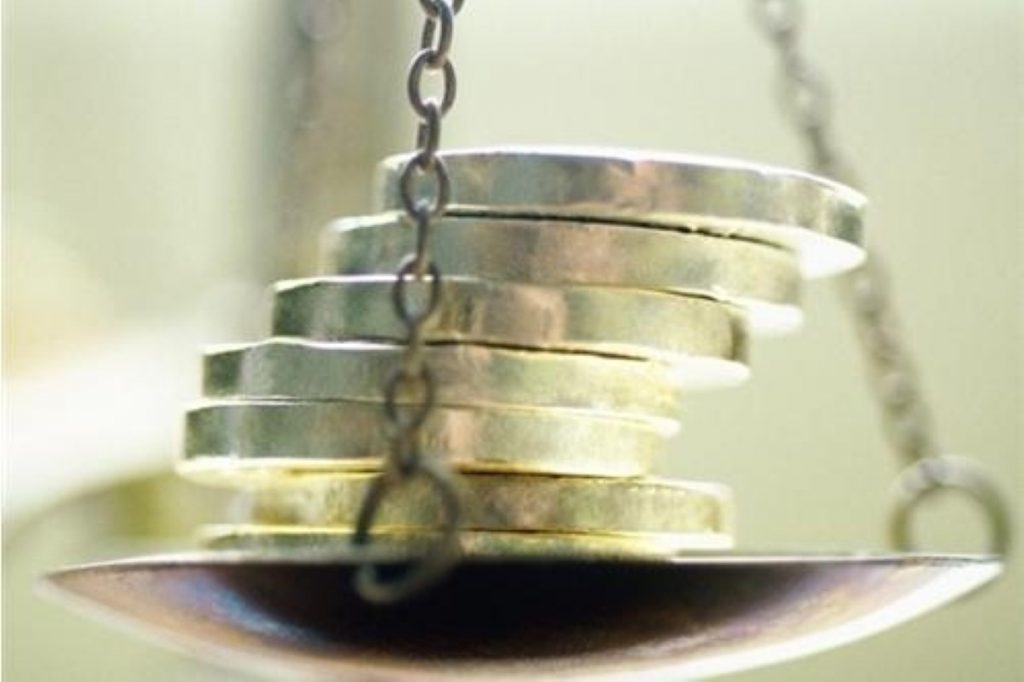Inflation jumps again to 3.7%
Another leap upwards took consumer price index (CPI) inflation nearer to four per cent in December.
Figures from the Office for National Statistics confirmed the 0.4% increase from November’s 3.3% to 3.7% last month.
Increases in the cost of air transport, fuel and gas were all blamed for the rise, which places inflation at an eight-month high.


In particular prices for fuel and lubricants increased by 2.8% – the largest November to December jump for this category since 1996. The price of petrol stood at a record high in December of £1.22.
Markit’s chief economist Chris Williamson said the data would add to pressure on the Bank of England to raise interest rates sooner.
But he added the medium-term picture looked relatively unchanged, meaning inflation will fall next year because existing short-term factors should disappear soon.
“Most importantly, underlying domestic demand remains very weak with signs that economic growth slowed towards the end of last year and is expected to remain subdued in the first quarter,” Mr Williamson added.
“Falling real incomes, high unemployment and widespread job insecurity mean demand is likely to remain lacklustre for some time, and also suggests that higher prices will not feed through to substantially higher wages and salaries. Any rise in interest rates is therefore likely to have little impact on inflation itself.”
Retail price index inflation was 4.8% in December, registering a slight increase from 4.7%.
Shadow chancellor Alan Johnson pointed out the price rises came before the VAT hike to 20%, which came into effect earlier this month.
“The prime minister said last week that the Bank of England faces very difficult choices on interest rates,” he said.
“But the question he needs to answer is why on earth he is making that choice even more difficult by choosing to put VAT up now?”

